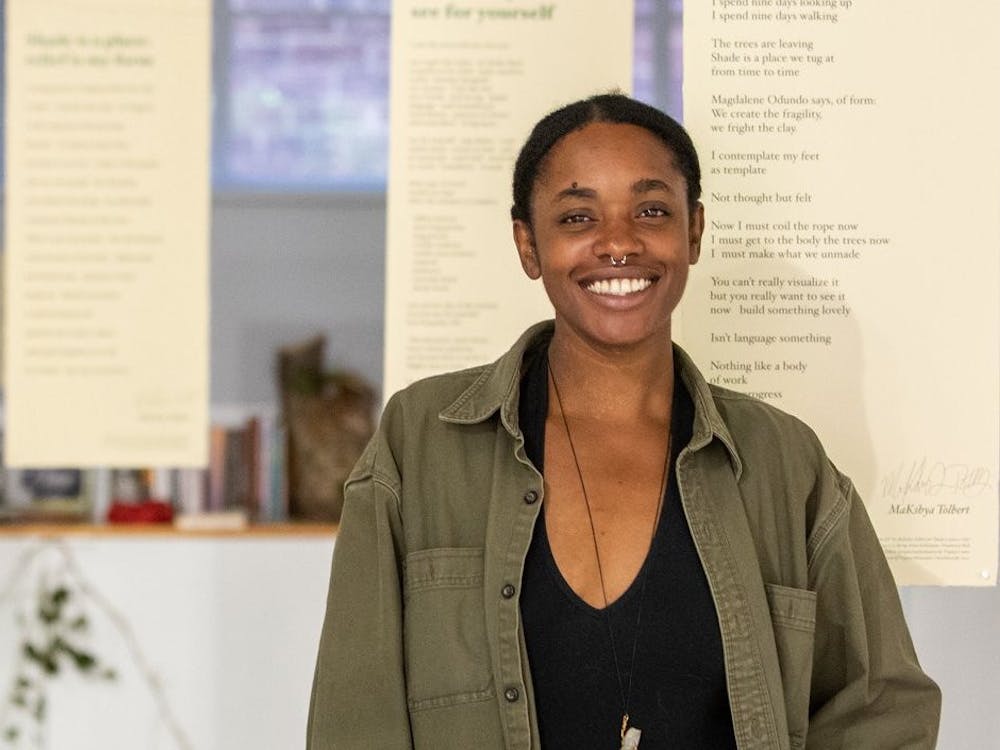The great Victorian detective Sherlock Holmes has always been a formidable character to readers of Victorian literature, roaming the streets of old London and solving imaginary crimes with his faithful partner Watson.
Sherlock came to life for modern audiences in 2010, when the BBC premiered a television series featuring a vastly different version of Mr. Holmes. Armed with a cell phone instead of a magnifying glass and relying on the advantages of modern forensics, Sherlock Holmes has been updated for the 21st century while still maintaining his familiar quirks. The show, simply titled “Sherlock,” has grown enormously popular, with a borderline-obsessive fanbase that spans the globe.
The American premiere of the third season opener, “The Empty Hearse,” aired Jan. 19 on PBS. It picks up two years after the cliffhanger ending of the second season, in which Holmes supposedly committed suicide by jumping off a building in front of his best friend, John Watson. The ending shot revealed Holmes was still alive, and fans had a two-year hiatus to mull over how the detective so brilliantly faked his own death.
In season three, Watson, still believing his friend to be dead, has finally finished grieving and is engaged to the charming and hilarious Mary Morstan. Watson’s life is once again turned upside down, though, when Holmes reveals himself to be alive and the pair is forced to solve the mystery of an underground terrorist network in London.
This episode doesn’t feature as strong or clever a plotline as previous episodes, and instead focuses mostly on reactions to Holmes’ surprising revival. Benedict Cumberbatch plays the great detective as simultaneously annoying, brilliant, neurotic and ignorant. In the premiere, the audience gains new insight into Holmes’ development. Once completely unfeeling and detached, Holmes is slowly learning how to deal with human emotions. The chemistry between Cumberbatch and Martin Freeman, who plays Watson, is unmatched.
Other brilliant performances include head writer Mark Gatiss as Holmes’ brother Mycroft, Louise Brealey as pathologist Molly Hooper and Freeman’s real-life girlfriend Amanda Abbington as Mary Morstan.
This episode takes the series in a whole new direction. With such strong interplay between the characters, a more obtrusive plot line would have been detrimental. As head writer Steven Moffat said in a recent Q&A session, “Sherlock” is not a detective show. It is a show about a detective.
Unfortunately, the show only has three episodes per season, each 90 minutes long. I eagerly anticipate watching Holmes and Watson dash through modern-day London twice more, only to be quickly brought back into the never-ending state of anticipation when the show goes back on another indefinite recess.




